Entire Gaza Population at Critical Risk of Famine, UN-Backed Report Warns
A UN-supported analysis warns that all 2.1 million Palestinians in Gaza are at "critical risk" of famine due to Israel’s ongoing blockade of humanitarian aid, resulting in widespread, extreme food insecurity.A new assessment backed by the United Nations has issued a stark warning that Gaza’s entire population of approximately 2.1 million is at “critical risk” of famine, citing severe food shortages exacerbated by an Israeli blockade on humanitarian aid.
The Integrated Food Security Phase Classification (IPC), the global authority on famine conditions, reported a “major deterioration” in Gaza’s food security situation since October 2024. While a temporary ceasefire between Israel and Hamas had offered brief relief, the resumption of hostilities and Israel’s continued blockade since early March has wiped out any progress.
According to the IPC, around 244,000 people in Gaza are currently enduring the most extreme phase of food insecurity—classified as “catastrophic.” The organization emphasized that urgent action is needed to prevent an imminent famine, which it said is becoming “increasingly likely.”
The Israeli military resumed its operations in Gaza in mid-March and has blocked aid—including food and medicine—from entering the territory for more than 70 days. Israel claims the blockade is aimed at pressuring Hamas to release the remaining hostages from the October 2023 attacks. However, the blockade has drawn sharp international criticism, including from the UN, which says it has aid ready at Gaza’s borders awaiting Israeli clearance. Humanitarian groups have condemned the blockade as a potential war crime, accusing Israel of employing starvation as a weapon.
The IPC’s latest data shows that about 500,000 people—one in five residents of Gaza—are facing starvation. It also projects that nearly 71,000 children under five will suffer acute malnutrition by April 2026. The report described desperate survival tactics among Gaza's population, including begging and scavenging through garbage to buy food.
Compared to its October 2024 analysis, the IPC says the humanitarian crisis has grown significantly worse, calling the current conditions “one of the world’s most severe food and nutrition emergencies driven by conflict.”
The report found that 93% of Gaza’s population—around 1.95 million people—are facing high levels of acute food insecurity, with nearly a quarter million in catastrophic conditions.
The IPC is the principal tool used by international bodies to assess famine, drawing on data from UN agencies, governments, and humanitarian organizations.
Israel has denied there is a hunger crisis in Gaza, pointing to the aid deliveries that occurred during the earlier ceasefire. Meanwhile, Hamas has announced plans to release Israeli-American hostage Edan Alexander in a move intended to encourage further ceasefire talks and allow humanitarian aid into Gaza. Israel, however, said it had not agreed to a ceasefire but only a “safe corridor” for Alexander’s release.
As U.S. President Donald Trump prepares to arrive in the region on Tuesday, Israeli officials have threatened to expand their offensive if no agreement is reached during his visit. Plans reportedly include indefinite military control over Gaza, displacement of Palestinians to the south, and privatized aid distribution—an approach the UN and aid groups have condemned, saying it would effectively “weaponize” humanitarian relief.
The IPC has already flagged these proposed aid routes as “highly insufficient,” warning that much of the population may be unable to access food at the planned distribution sites.
The conflict began on October 7, 2023, when Hamas launched attacks in southern Israel, killing around 1,200 people and taking more than 250 hostages. According to the Hamas-run health ministry, Israel’s subsequent military campaign has killed over 52,800 people in Gaza. An estimated 59 hostages remain in captivity, with up to 24 believed to be alive.

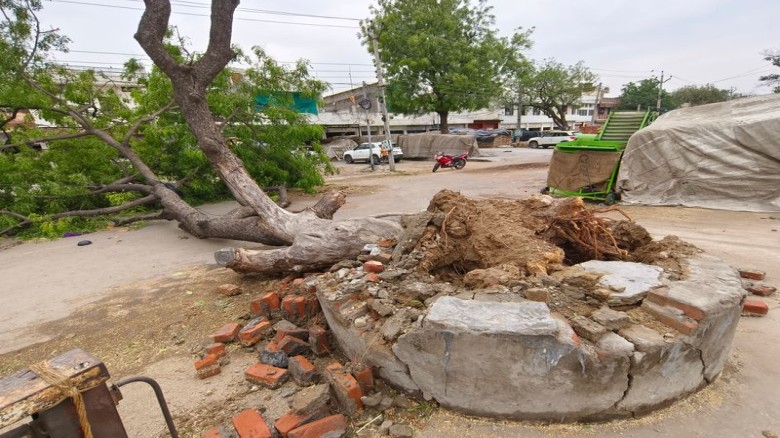

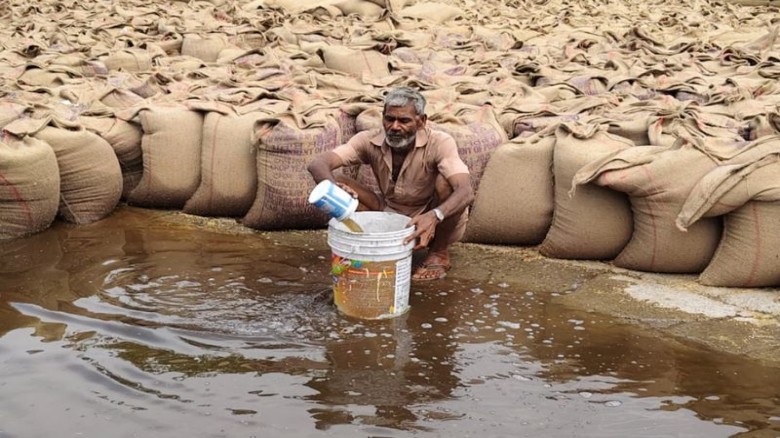




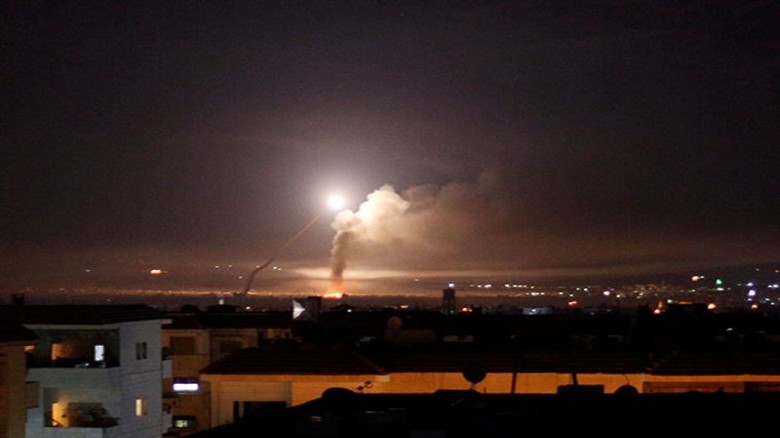








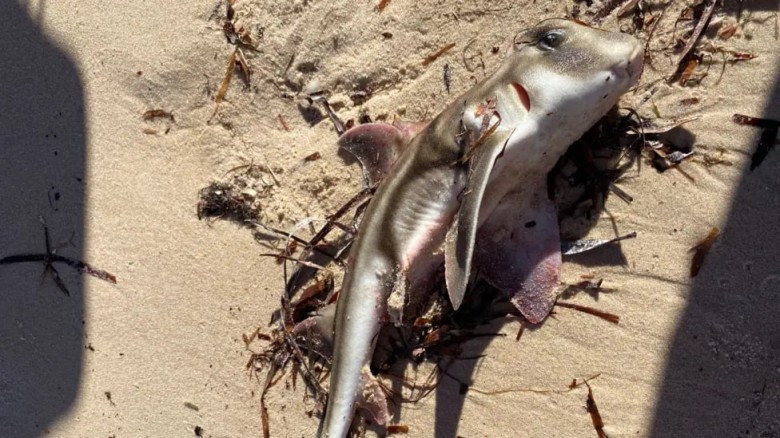





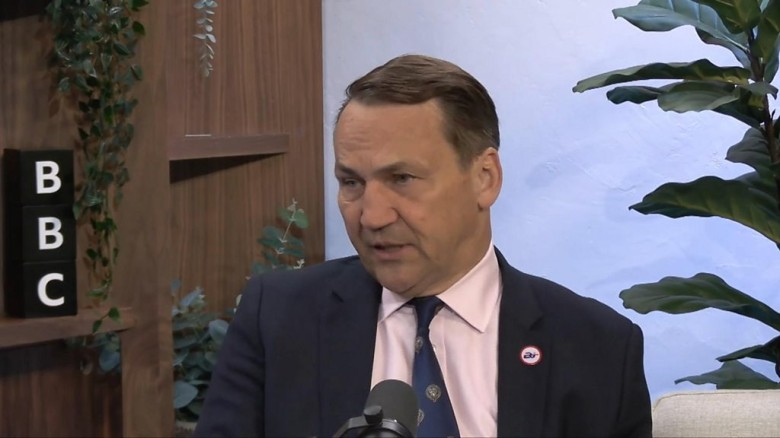

















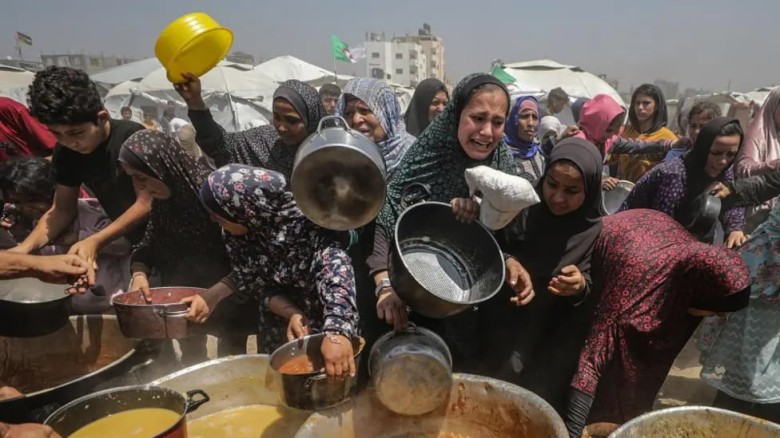










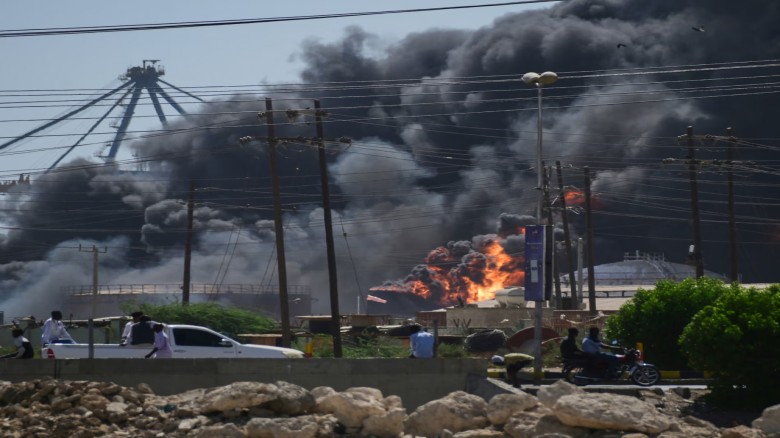



















Leave A Comment